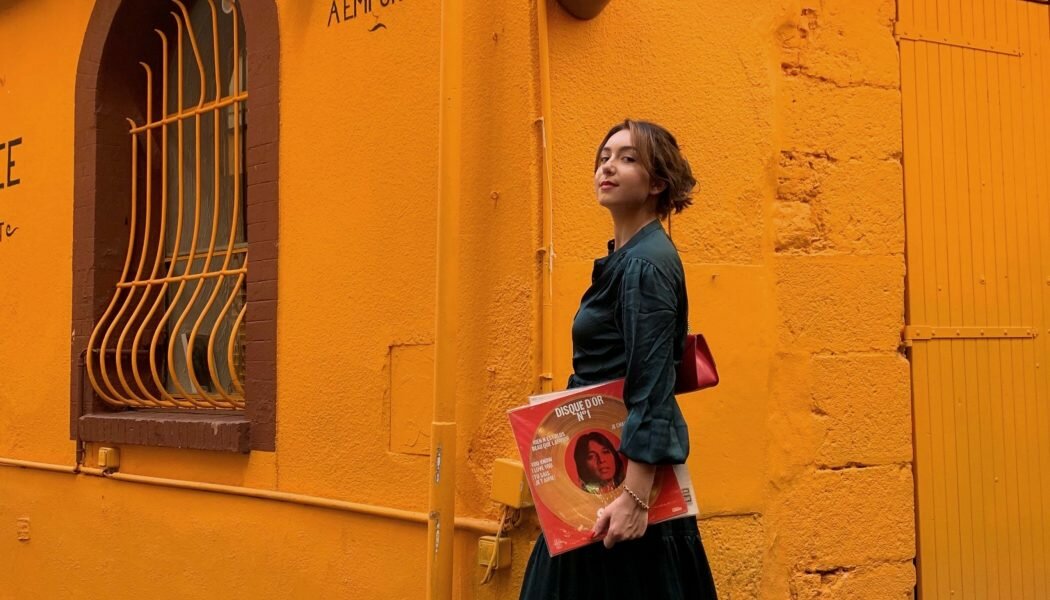Siana Genovska from EXPO ARTCO19 talks about the upcoming open-air art exhibition and the impact of foreigners on Bulgarian culture
Edited by Lindsay Martin.
Tell us about yourself. How have you become connected to the international community here in Sofia?
As a History of Art student at University College London, I’ve spent the last two years in an international community. I’ve learned the importance of diversity in perspectives when approaching any goal and how essential varied opinions and guidance are for representing an objective in its entirety. Whenever I come back to Sofia for an internship or to work on a project, such as this one, I reach out to the international community for involvement and support.
I am grateful to Nadezhda Rozeva, the person behind EXPO ARTCO19, for the opportunity to be part of yet another cultural exchange. When she invited me to get involved in the project, I was more than happy to join. Given the current global state of uncertainty and difficulties, her brave support for culture is truly inspiring and something anyone would be lucky to contribute to.
My main goal is to promote a cross-cultural understanding and exposure to the arts. I strongly believe that every project, no matter how big or small, has the potential to foster stronger relationships through multi-cultural exchange and working towards a common goal. This might be especially true when it comes to cultural happenings, which already have the aim of exposing people to a diversity of experiences and backgrounds.
What is EXPO ARTCO19 and its mission? What things are happening in September?
EXPO ARTCO19 is the largest and first of its kind open-air art exhibition in Bulgaria, which will be held on September 26-27, 2020 (Saturday and Sunday) on Platform A6 of the National Palace of Culture.
Artists unknown before the pandemic, along with renowned ones, and members of the group “Buy art, support an artist,” will present for the first time a real and living picture of contemporary Bulgarian art. The collision of creative energies, as well as, the meeting of artists with connoisseurs of art, will lead to new incentives for both creating and buying art. The event aims to shed light on the changes happening in the art world and beyond, to involve visitors in creating, selling and buying art. And this is especially important both for developing and supporting profiled galleries and the art market in our country.
The aim is exposure: of artists to art lovers, of the Bulgarian art scene to the world, and of people and their stories to other people.
In your opinion, how can the international community contribute to the art landscape in Bulgaria?
International communities in Bulgaria are an integral part of our society and as such, their individual experiences become imprinted on our culture. Art is a way to generate unity through sharing and, in return, relating to experiences. Our society has a history of struggling with unity and acceptance of the “different,” and art can serve as a catalyst of changing such dynamics. We speak of (re)construction of landscapes, based on the assumption that foreigners amplify cultural diversity and trigger or accelerate cultural change in society.
The contribution of the international community to the local art landscape, either through participating in such projects or simply promoters of a common goal, is essential for creating a multicultural and diverse comprehension of the arts.
The pandemic played the role of a catalyst to change that had already begun in the art scene. Previously, we relied more on personal contact with artists in galleries or studios. Many authors have now realized that they can now sell online on one platform or another. Globally, new technologies give unlimited access to many of the world’s collections of museums, galleries, online art halls, and all of this has become available in real-time at the click of a button. Now it’s the time to take advantage of the greater access to the arts, strengthen communities, and share stories.
What’s the impact you see that foreigners make in Sofia and Bulgaria nowadays?
In my honest opinion, when it comes to culture, foreigners create pathways for exposure previously unavailable. Historically, Bulgaria has been through a few exposure-limiting regimes, which have left their mark on our perception of and openness to the new and unfamiliar. Therefore, solidifying different perspectives is essential for breaking free from years of imposed convention. I strongly believe it is worth exploring how knowledge of different cultures can improve creative performance and engagement with the other.
What would be your piece of advice to a newcomer here?
Reach out, share, get involved, contribute. Everything you do as part of a community matters when it comes to broadening one’s horizons through the exchange of experiences. Any cultural and artistic diffusion of ideas brings about change in the ethnocultural mosaic. It is a twofold process that leads to the individual as well as societal development.
